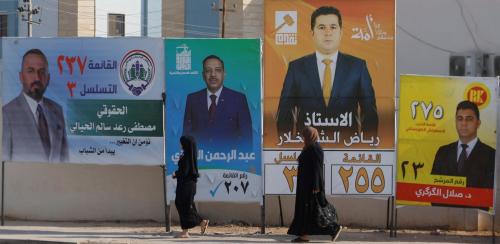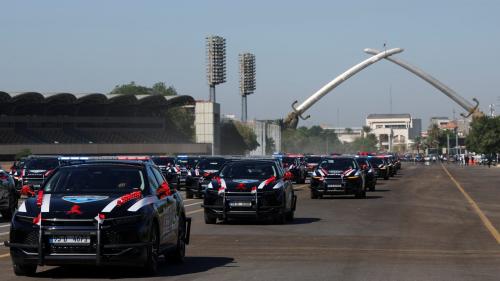“On the political front, where we know we’re not seeing political reconciliation, not yet, but one of the factors that depends on is: do people have confidence in us that now is the time to take some risks makes some concessions. If you don’t have confidence in the Americans, then you’re going to revert to some hedging strategy. You’re going to husband your resources and make no concessions and just prepare yourself for the great free-for-all that’s going to come when the Americans leave.
“The surge was designed to counter that psychology. So far it has achieved that just by the show of force on the ground. This demonstration, I hope, of domestic support for the president is the way of showing staying power for the next six months or year or more.
“I hope that is the outcome of General Petraeus’ performance and I hope that’s the effect that it’s having on our domestic debate…to keep the opponents at bay and give him the freedom of action to carry out the strategy for as long as he is able to carry it out.
“The next president will inherit this–we know that, we’ve known that for a while. But I really think it’s a service to the next president to leave the next president of Iraq the best condition of stability that we can achieve. I think the president owes that to his successor. I mean if this president started pulling the plug and unraveling it, then the next president inherits something even worse, you know, a total disaster.
“I think this president owes it to his successor to leave Iraq in the maximum condition of stability…the best possible condition of stability that he can do, that he can manage, and then the next president has options. The next president can pull the plug anyway, if that’s what she or he wanted to do. Or the next president would have the option of more gradual controlled disengagement keeping American interest in mind.”
The Brookings Institution is committed to quality, independence, and impact.
We are supported by a diverse array of funders. In line with our values and policies, each Brookings publication represents the sole views of its author(s).



Commentary
Q&A on the Surge in Iraq
September 11, 2007